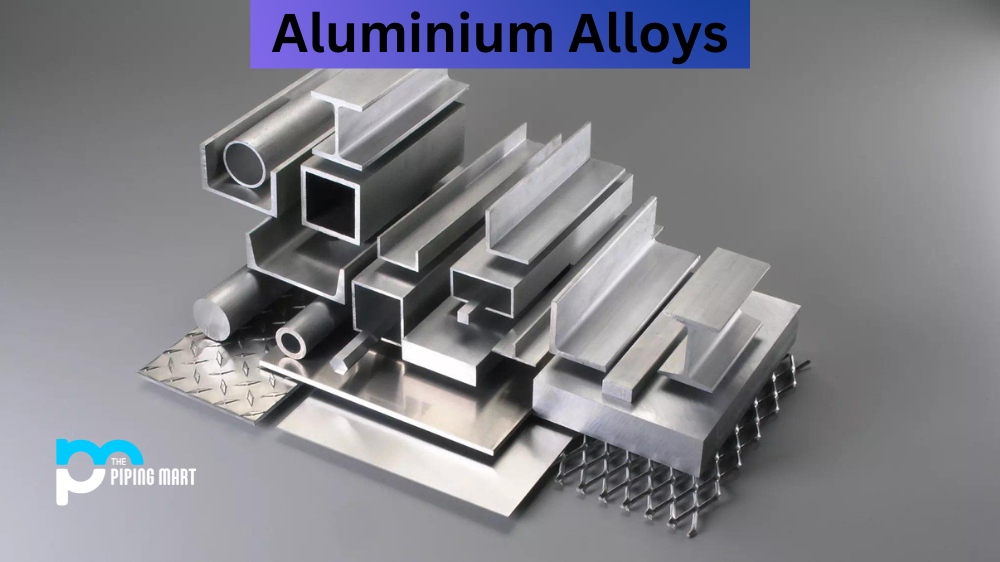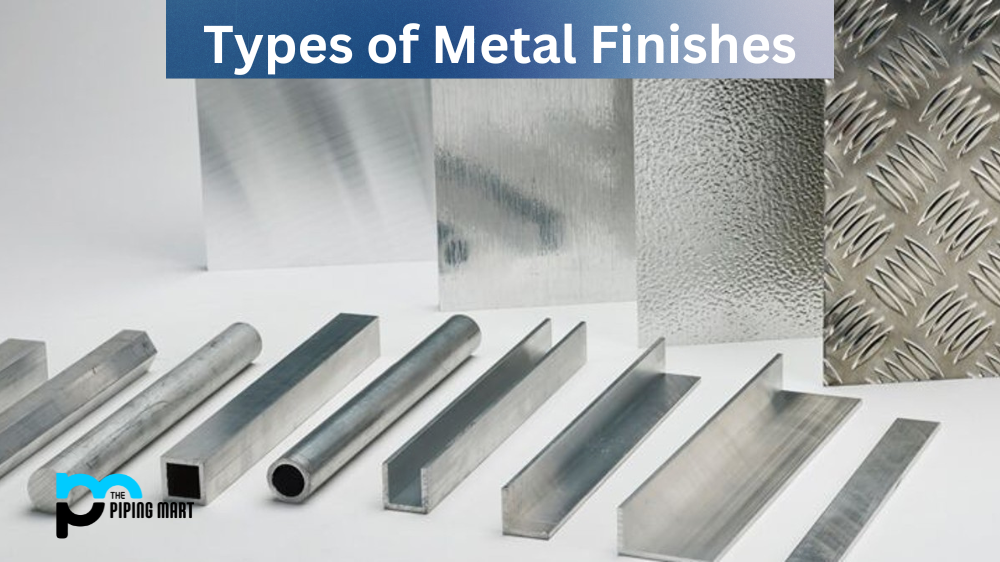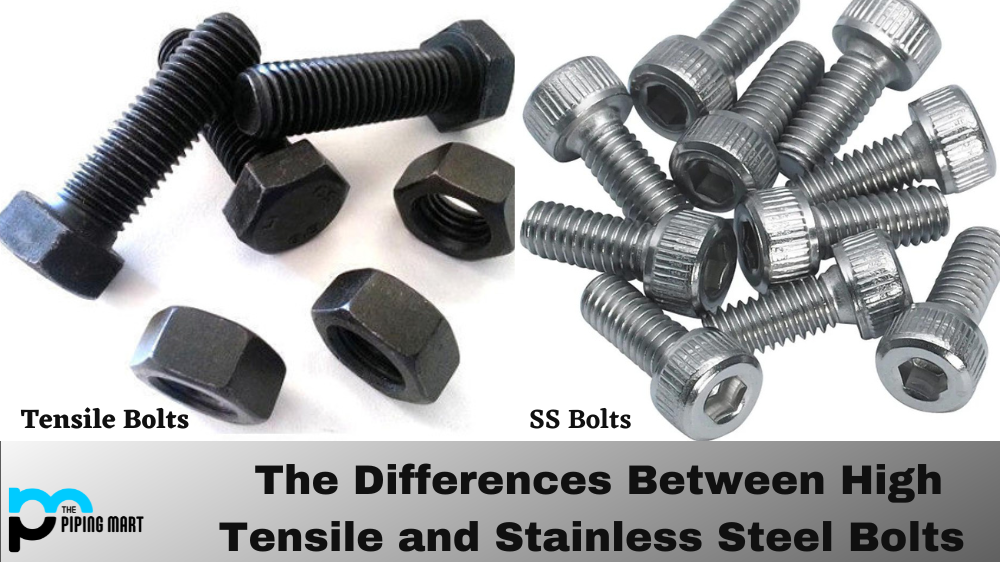Aluminium alloys are a type of metal that is widely used in the metallurgy and engineering industries. They provide strength, durability, and corrosion resistance – making them a popular choice for many applications. In this blog post, we will discuss the characteristics and common uses of aluminum alloys and why they are so important in metallurgy.
What is Aluminium Alloy?
Aluminium alloy is an alloy of aluminium, metal elements, and other compounds such as silicon or magnesium. Metal elements can include copper, zinc, manganese, and/or magnesium. The combination of these elements provides added strength to aluminium alloys, making them ideal for use in engineering components.
Commonly referred to as ‘duralumin’ or ‘aluminum-magnesium’ by metallurgists, it has higher tensile strength than pure aluminum, meaning it is less likely to be damaged under stress or pressure. It is also malleable, which makes it easier to work with during fabrication processes. These qualities make aluminium alloy one of the most popular metals used in engineering due to its ability to be easily molded into desired shapes while still maintaining its strength.
Uses of Aluminium Alloys
Aluminium alloy has many uses, including aircraft, automotive parts, structural materials, and ship hulls – just to name a few! It’s also often found in everyday items like bicycles and lawn furniture due to its lightweight yet strong properties. In addition, its malleability allows it to be formed into intricate shapes with relative ease – making it perfect for use in manufacturing products where precision is key. Because aluminum alloys have great corrosion resistance, even when exposed to salt water or other corrosive chemicals over time, they can still remain intact – making them ideal for items that require long-term outdoor use, such as boats or beach furniture! Finally, they can also be anodized (an electrochemical process), which helps improve their corrosion resistance further – this process is often used on metal parts that require a decorative finish, such as door handles or jewelry pieces!
- Aluminium alloys are used in a wide variety of industries due to their strength, durability, and corrosion resistance.
- Aluminium alloys are commonly used in the automotive industry for body panels, wheels, and engine components.
- Aluminium alloys are also used extensively in the aerospace industry for fuselages, wings, and other structural components.
- Aluminium alloys are often used in the construction industry for cladding, window frames, and roofing.
- Aluminium alloys are also used in the manufacturing of consumer goods such as appliances, cookware, and electronics.
Conclusion:
Aluminium alloys are incredibly versatile metals that are used throughout many industries around the world. From large-scale construction projects down to small decorative items – their strength combined with their malleability make them perfect for almost any application! Metallurgists should become familiar with these metals since they are becoming increasingly popular due to their numerous benefits over other types of metal materials. Understanding how aluminum alloys behave under certain conditions can help create stronger yet lighter products that have improved longevity when compared with traditional steel products – leading engineers towards more efficient solutions every day!
Sakshee is a talented blogger, with a particular focus on the Business and Metal Industry. She is passionate about sharing her insights on various metal products and helping professionals to make a better decisions.




